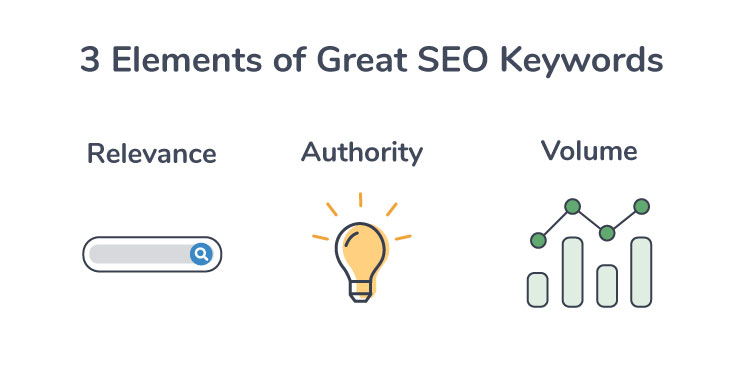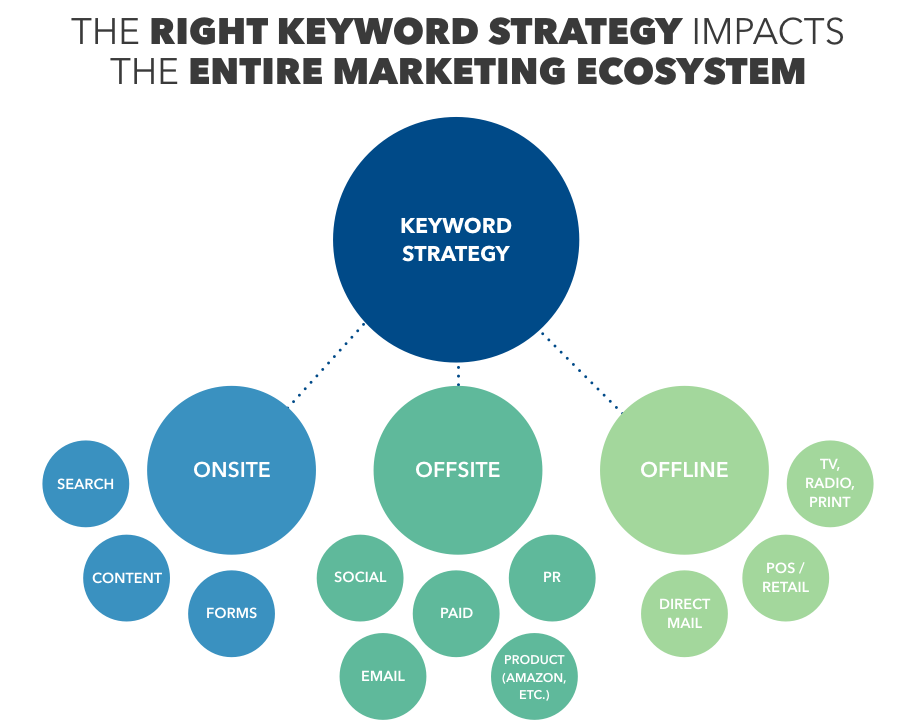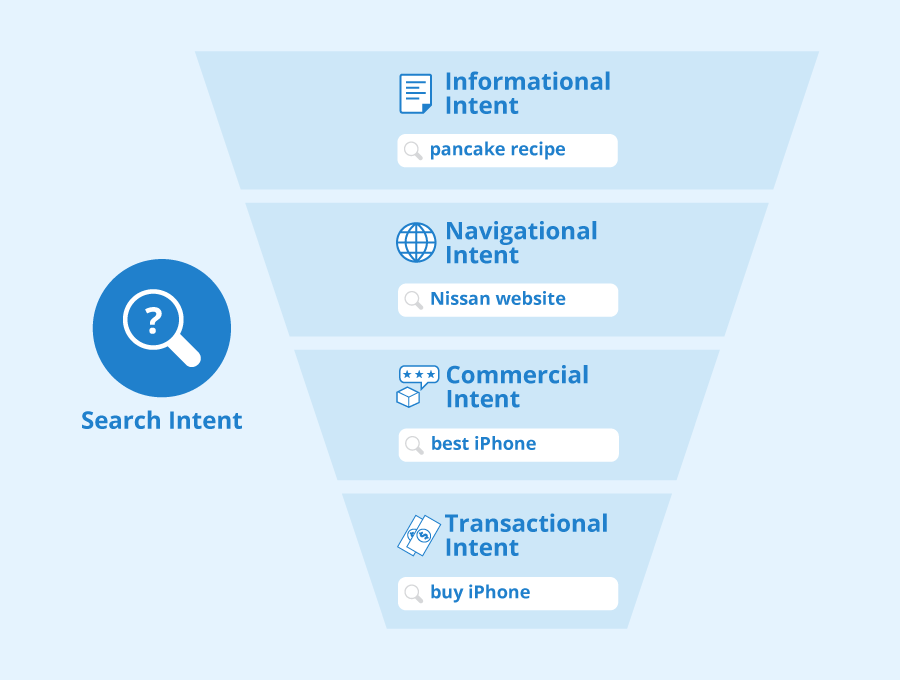
What do you type when looking for a new HP laptop? The words you enter in the search bar are your keywords. You’ll see the website in the results if the HP website has these exact words. If it doesn’t, you won’t. This result is dependent on HP’s keyword optimization strategy. However, HP needs to do a lot of research before it can reach the top.
This article discusses keyword research and how you can use keyword research tools to reach the top of the search engine results page (SERP).
What is Keyword Research and its Importance?
Simply put, keyword research is the process of searching for trending or the most searched-for keywords on search engines. SEO keyword research allows you to determine which words are being used by your target customer base to find products and services. You can then integrate these very keywords into your content and ensure your brand is visible to a larger customer base.

Keyword research tools allow you to simplify the process. You can simply paste the URL of a competitor’s website on the keyword search tool and determine which keywords they are targeting. You can use these exact keywords or a keyword finder to find alternative or related keywords.
With the number of websites increasing daily, SEO keyword research has become essential to developing an SEO strategy.
Here are some reasons why you should not avoid keyword research.
- Keyword research provides valuable insights into the mindset of your target reader. The analysis can help you create content that answers their questions and addresses their queries.
- Keyword research will help you find keywords that are most popularly used. These might not always be technical terms or grammatically correct phrases, which means you may only sometimes think of them. However, by integrating these, you can increase the organic traffic on your website.
- By investing in keyword research, you can improve your brand value. By using trending and high-volume keywords, you can show your audience that you understand their points of view. This can help you drive them to the checkout point.
Elements of Keyword Research

When conducting keyword research using a keyword finder, you need to look at only three primary elements:
- Search volume: Search volume is the number of times the keyword has been searched for. The higher the search volume, the more popular the keyword.
- Competition: Competition is defined as the number of websites or brands using the same keywords. High-volume keywords often have the highest competition.
- Relevance: Relevance is a degree of how related the keyword is to the brand. While you can integrate any keyword on your website, including keywords related to your products or services is best.
Keyword finders and Google keyword searches will provide a long list of relevant keywords. You can evaluate the relevant keyword research list according to these criteria. But how do you search for these keywords?
How to Research Keywords for Your SEO Strategy?
You must integrate both primary and secondary keywords in your article. Here’s how to conduct SEO keyword research:
1. Make a list of topics related to your brand.
The first thing to do is list topics related to your brand. You can look up the products and services your business offers and read articles on these topics. This will allow you to understand what your target audience is reading. Create a list of topics or ideas based on this research.
2. Think of what your customers might search for.
Once you have created a list, put yourself in your reader’s shoes. What would you search for if you had to find information on any of the topics on this list? Think of different iterations and phrases that can be used to find this information.
3. Look up search results on the net.
Input these phrases into a search engine. If you use Google, you can scroll to the very end and look at related searches. These are recommendations provided by Google keyword search on your topic. You can also consider these as keywords relevant to your brand.

4. Look at competitors and their websites.
If these steps do not yield fruitful results, or if the list is too short, you can always use keyword finders on your competitor’s website. Simply copy and paste your competitor’s URL and see which keywords they target. However, one disadvantage of this strategy is that you will already have competition before you begin.
5. Analyze the keyword statistics.
Once you’ve created a list of keywords, you need to study their statistics. The most important number to study is the monthly volume. This number shows how many times the keyword was searched for in the past month. The higher the number, the more popular the keyword.
However, one disadvantage is that most brands will also target high-volume keywords. Therefore, you can also look at less popular iterations of the same keyword.
6. Verify the search intent.
There are four types of search intents: informational (audience wants to learn the topic), navigational (audience is looking for a specific website), transactional (audience is considering a purchase but is still comparing products/services), and commercial (the audience has decided to buy).

The keywords change for each intent. For example, commercial and transactional intents include keywords like “buy,” “purchase,” and “sale.” Whereas, including these keywords in informational articles will have a negative impact.
7. Integrate the keywords.
Once you’ve created a list of keywords, all you need to do is integrate them. You can create new articles or posts after your keyword research. Alternatively, you can also add these keywords to old or existing articles. It is best practice to do a bit of both.
To Summarize
Keywords are the crux of any SEO strategy; therefore, you need to conduct thorough keyword research before integrating them into your website. Searching for the right keywords is necessary, and you need to find the best keywords for your website.
Keyword research tools are handy and easy to use, and you can rely on them to plan your keyword strategy. However, it is also important to remember that correctly integrating keywords is also important.
Once you’ve researched the relevant keywords, create content that includes them organically; otherwise, your efforts will be wasted. If you’re unsure how to get started on SEO-friendly content, contact content writing experts. Pepper Content can help you create SEO-friendly content.

FAQs
You can use SEMRush, Ahrefs, Serpstats, Spyfu, and many more. However, all these tools have monthly subscription plans you will have to subscribe to to gain access to detailed insights.
You can organize your keywords according to the type of content, page type, seasonality or trend, search intent, brand content, search volume, and more. You can keep track of these on spreadsheets and reuse this data when you realign your SEO.
While you do not need to add keywords to all articles, it can help. Creating SEO-friendly content will ensure your content is visible. While you might pack an article with information, if it does not have the relevant keywords, it might not be displayed on the first page of the search engine.
Keywords of themselves are evergreen. The keyword “juice” is unlikely to change even 20 years later. However, the search volumes and the context in which these keywords are used change. Therefore, you need to conduct regular research. You can do keyword research once every quarter.
Yes, you need to target different types of keywords to get the best results. You should understand the different types of keywords before you start a keyword search.
Latest Blogs
In this blog, explore the golden rules of using AI marketing tools so you can leverage the benefits to their maximum potential.
In this blog, you’ll learn how to avoid the pitfalls of SEO over-optimization while enhancing your site’s performance.
In this article, we’ll take a look at what AMP is, its advantages and disadvantages, and how it affects SEO.
Get your hands on the latest news!
Similar Posts

SEO
5 mins read
How to Choose the Best AI Writer (+ 9 Key Features)

SEO
5 mins read
Using Google Review Snippets to Optimize Your SEO

SEO
5 mins read